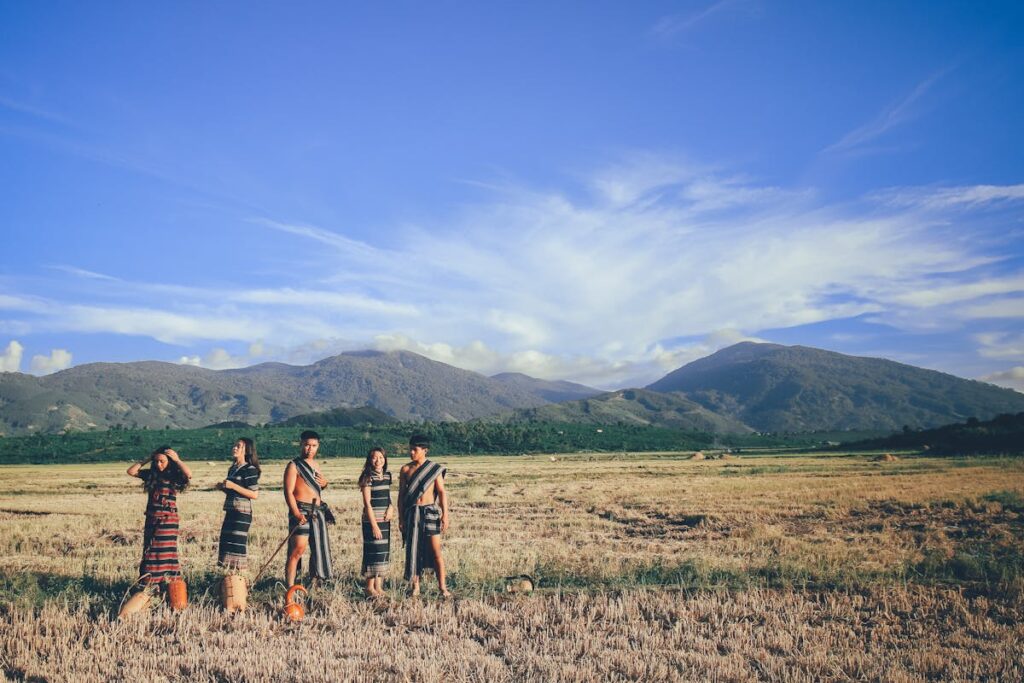
There once was a world where disputes are settled with bows and arrows, not courtrooms. Where a child roamed freely, unburdened by the paranoia of “stranger danger.” Where food was neither purchased nor grown but hunted with patience and eaten with gratitude. This isn’t some utopian fantasy—it’s the way humanity lived for tens of thousands of years before airports, Amazon, and antibiotics. And in The World Until Yesterday, Jared Diamond asks an interesting question: What can we learn from that world?
Diamond, best known for Guns, Germs, and Steel, turns his anthropological eye to traditional societies—small-scale groups like the Inuit, Amazonian tribes, and Papua New Guinea highlanders. His mission isn’t to romanticize the past but to extract wisdom from it. These societies, he argues, hold a mirror to our modern world, revealing both what we’ve lost and what we’ve gained.
Take conflict resolution. In state-run societies, we rely on laws, police, and judges to resolve disputes. But in small, close-knit groups, where today’s enemy is tomorrow’s hunting partner, vengeance is a dead-end. So they opt for reconciliation, often involving public apologies, gift-giving, or even arranged marriages to mend broken ties. Compare that to our legal system, where lawsuits drag on for years, bankrupting everyone but the lawyers. Maybe a little old-fashioned peacemaking wouldn’t hurt.
Or look at child-rearing. Western parents hover, micromanage, and fill every moment with structured activities – and in modern societies, it’s undeniably necessary. However, traditional societies let kids explore freely – climbing trees, handling sharp knives, learning by doing. The result? More self-reliance, fewer tantrums, and probably fewer teenagers calling their parents to ask how to do laundry.
Then there’s diet. Before supermarkets, people ate what they could gather, hunt, or fish. No processed foods, no sugar overloads. Heart disease, diabetes, and obesity? Largely absent. It’s not that traditional diets are flawless – hunger was a constant companion – but they show just how misaligned modern eating habits have become.
Diamond doesn’t suggest we ditch our smartphones and move to the jungle. He knows modern society has its perks – medicine, safety, long life expectancy. But he challenges us to recognize that not all progress is good, and not all old ways are obsolete. Maybe we don’t need to resurrect hunter-gatherer life wholesale. Maybe we just need to remember that some of yesterday’s wisdom still applies today.
Because for all our modern advancements, we still struggle with community, parenting, health, and conflict. And maybe – just maybe – our ancestors figured a few things out before we showed up and declared ourselves civilized.
Join us in making the world a better place – you’ll be glad that you did. Cheers friends.